Dignity:Liberia’s NGO Office Manager, Matthew Walters, delivered some bags of rice to Varney Goyah Town, the village helping with the construction of the maternity waiting home. He told them, “On behalf of Dignity:Liberia, this is our way of giving back to the village. They sent some money to buy a few bags of rice. So, on behalf of Kathi and the Board…we wish you a Merry Christmas and a happy, prosperous 2022.
In her response, the village spokesperson told him, “We are grateful that you delivered this. We say thank you on behalf of the town chief who is not here. Thank you very much. God bless you. Happy new year to them [the board] and you people on the ground.”
In her response, the village spokesperson told him, “We are grateful that you delivered this. We say thank you on behalf of the town chief who is not here. Thank you very much. God bless you. Happy new year to them [the board] and you people on the ground.”
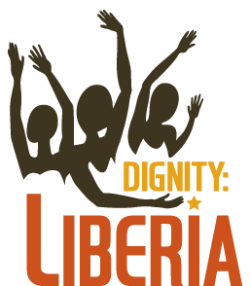
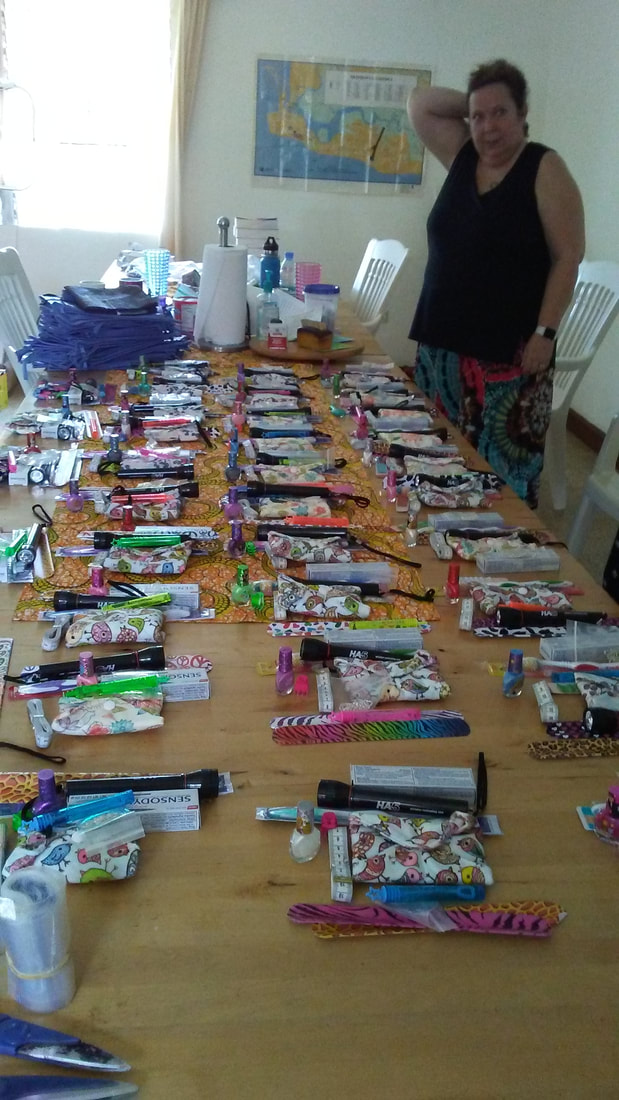

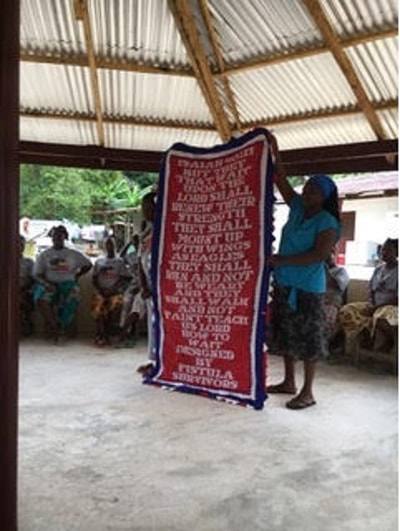

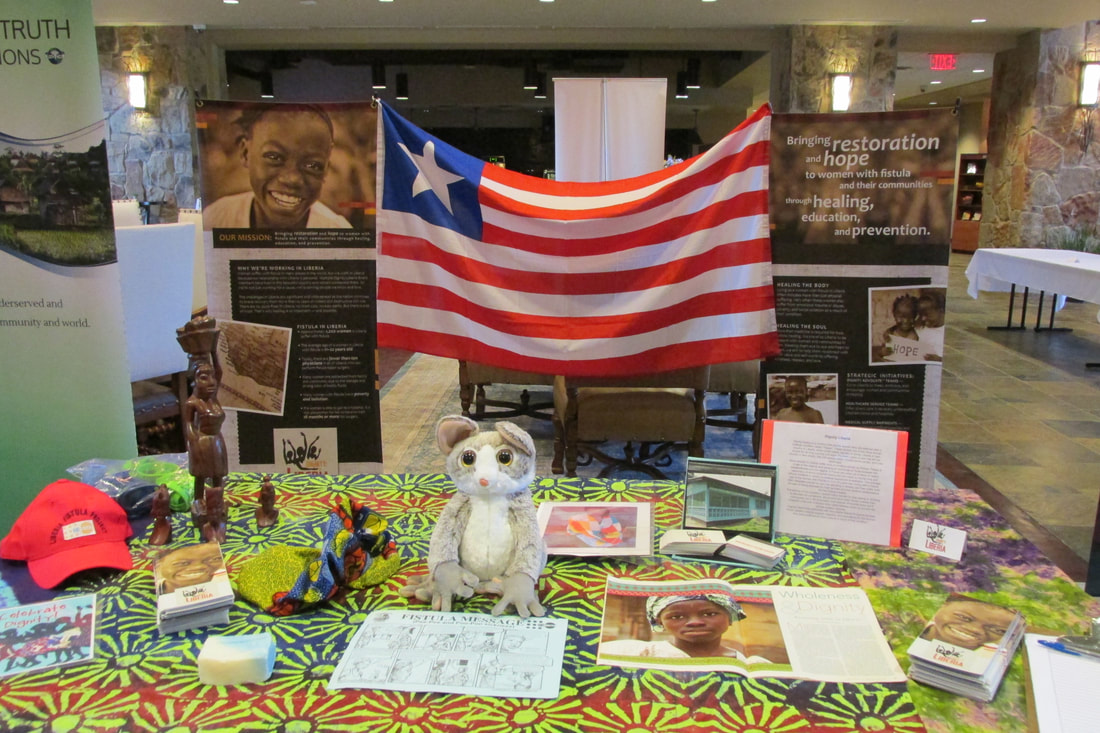
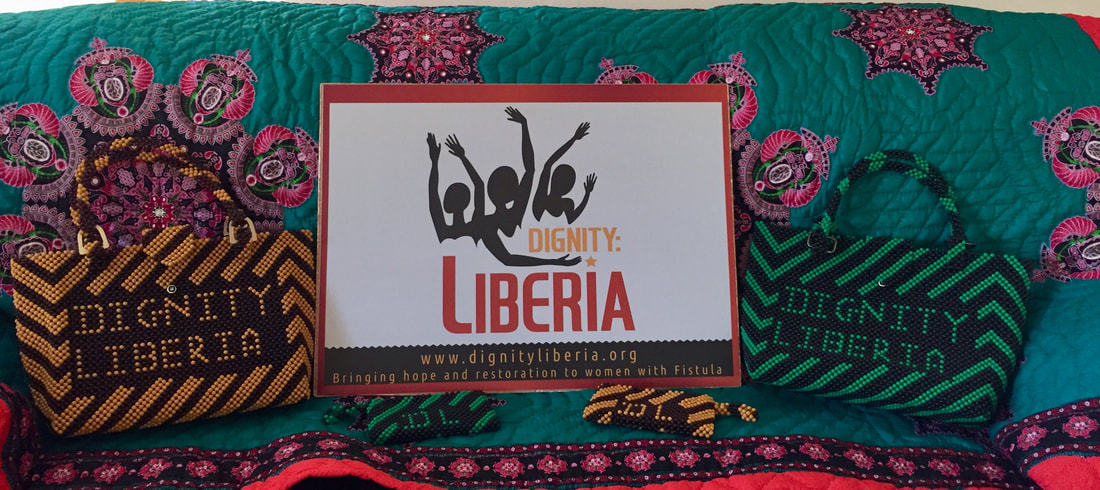
 RSS Feed
RSS Feed